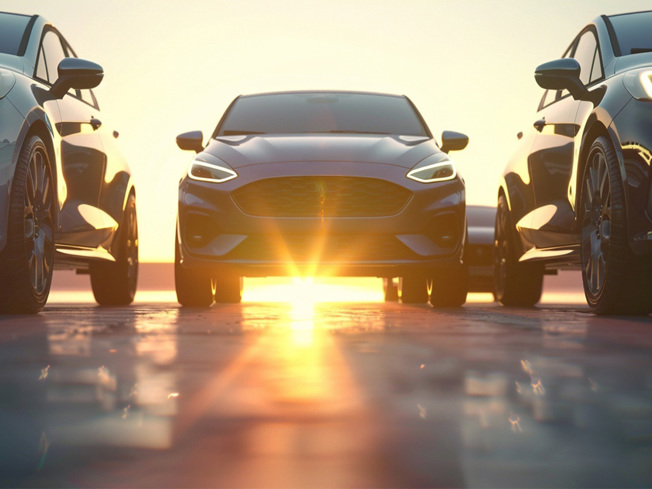Is my personal contract hire agreement covered by the FCA Motor Finance redress scheme?
By Alex | 4th December 2025
Catch all the latest news from Nationwide Vehicle Contracts from leasing information and car launches to international shows, FAQs and more.

By Donna | 10th December 2025
Nationwide Vehicle Contracts has been named the UK's Most Trusted Vehicle Leasing Company 2025 by Corporate Vision.

By Fergus | 22nd October 2025
Explore the discontinued cars Brits miss most, from the Ford Fiesta to the Fiat Punto.
Our Standard Opening Hours
Monday to Friday 9am to 5.30pm
Christmas Opening Hours